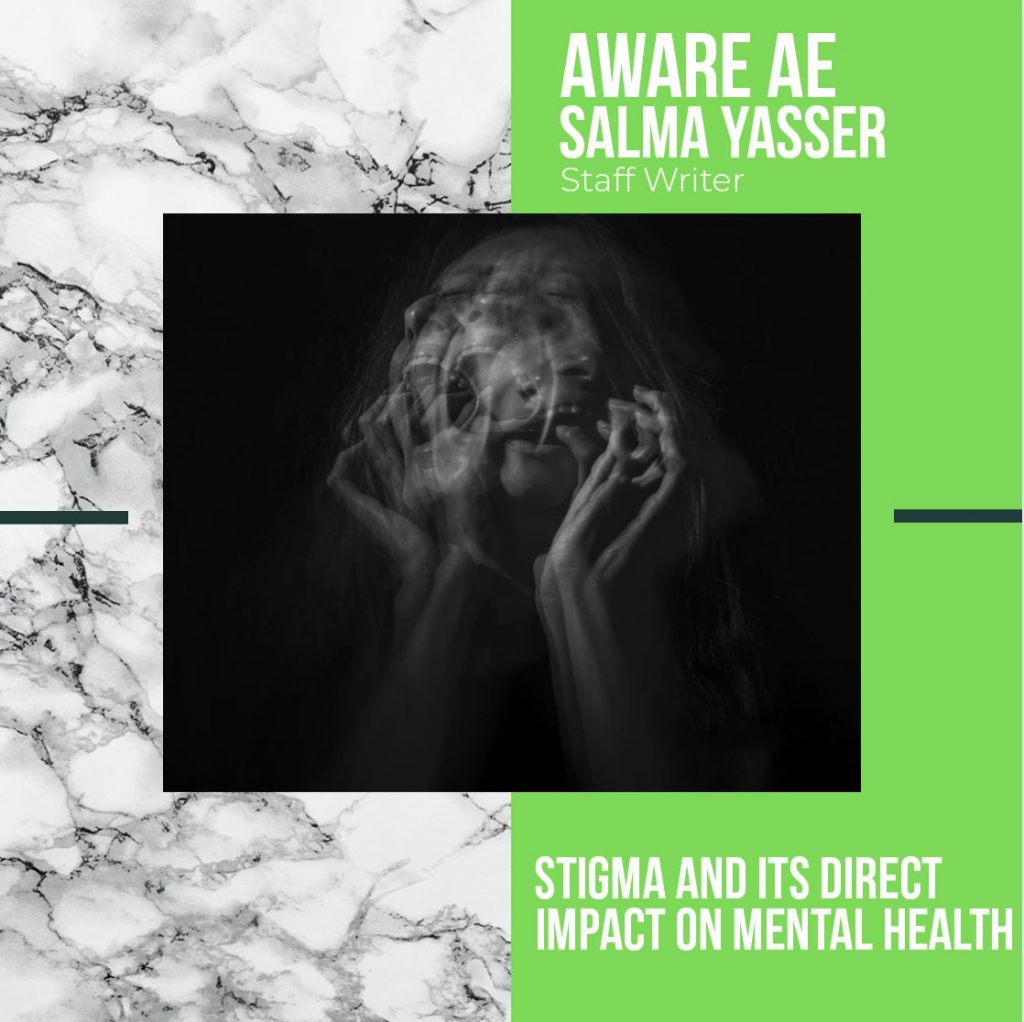Stigma can be defined as a negative view towards an individual due to an uncommon characteristic that they may have. Sadly, people with mental health issues are often largely disadvantaged because of the negative attitudes and beliefssurrounding them.
This harmful stigma may lead to large, widespread discrimination against individuals with mental health issues. This has a direct negative effect on the way that people treat mentally ill individuals. The discrimination that they face may range between anything from an unintentional remark to even actively avoiding people because of the false assumption that they are dangerous and unstable.
Impacts of Mental Health Stigma
Social stigma and discrimination usually invoke feelings of shame and hopelessness, which typically lead to social isolation. This, in turn, can make the problem worse by causing people to avoid getting the help they need because of the fear of not only being harassed and bullied but also being discriminated against.
Another large effect is that the lack of understanding by not only the community itself but also close friends and family increases the chances of bullying and physical harassment, making people incredibly reluctant to ask for help or seek the treatment that they are in need of.
Where do Stigmas Come From?
Stigmas that are associated with mental health often come from misconceptions that anyone dealing with these issues is peculiar and often dangerous or criminal, which associates mental illness with violence and brutality – further reiterating these harmful stereotypes.
Coping with the Stigma
Dealing with stigmas that surround you can be very difficult so you should start by affirming your self-worth and knowingthat, despite the shame and burden that may be thrown onto you, you are a strong, worthy person who has gone through extraordinary things and still made it through.
Once you have mastered this, consider speaking out and sharing your story to make it known to people experiencing the same thing that they are not alone in this fight and that people who have faced the same things have made it through.
Breaking the Stigma
The most important thing to do is to educate yourself about mental illness as well as educating others around you about the issues that people face. Stand up for the right thing and be an advocate for reform. Moreover, always ensure that you are careful and conscious about your attitude and behavior and choosing your words very carefully around people who are fighting these battles. Encourage them to seek treatment and support them with whatever they need.
Stigmas like this do not just vanish from society. This is why we must all come together as a community and advocate for the normalization of mental illness and its treatment.
